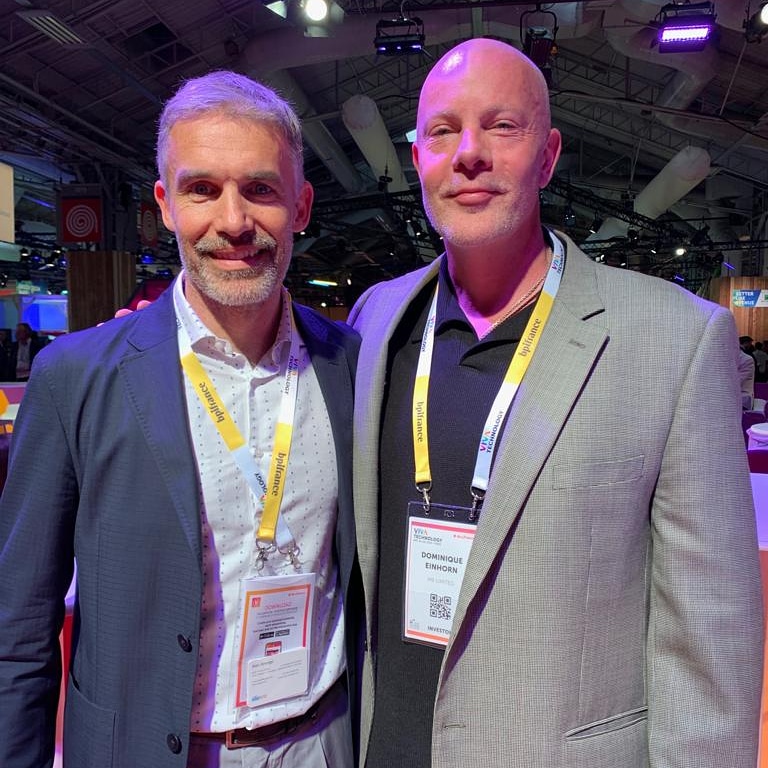Written by: Dr. Kent Ingle
There’s no doubt that one individual who truly left his mark on our nation is Dr. Martin Luther King Jr. While there are many achievements we can attribute to his legacy, there are also valuable lessons from his life that we can apply to our communities today.
In the past few years, it feels as if our nation has been confronted with extreme division – whether it’s religious, political, racial, social or generational. It may be easy for us to think about what separates us more than what binds us together.
King lived in a time of great segregation, and he sought progress through unity. In the midst of oppression and strife, the heart of his philosophy encompassed the importance of serving our communities and nation. He focused on courage, love, justice, faith and human dignity.
As the president of a university, these are the values we aim to instill in our students and encourage them to take into their communities. The principles King demonstrated and endeavored for are very much relevant today and can be applied to the strife around us.
King believed every individual should be committed to making life better for all. King maintained that an individual should not be measured by his or her skin color, culture or class but rather by the content of their character – heard in his 1963 “I Have a Dream” speech.
Four years later, King would give remarks at the New Covenant Baptist Church in Chicago on “The Three Dimensions of a Complete Life.” One of those dimensions was the significance of caring for others. He compared our lives to that of the Good Samaritan in the Bible.
King said, “He was great because he was willing to take a risk for humanity; he was willing to ask, ‘What will happen to this man?’ not ‘What will happen to me?’”
King argued that our lives should be lived to help those around us. It was a commitment to strive for the betterment of society. He said that what we need today is “men and women who will ask, ‘What will happen to humanity if I don’t help?”’
Every individual should be treated with dignity. King aspired for people to see that our world becomes a better place when we are willing to serve and care for every individual.
King sought to forge a common ground on which people from all walks of life could join together as equals. In many of his speeches, King recognized the economic and social division that abounded in America. Although King fought for justice, he always pointed back to the importance of nonviolence and unity to move forward.
During his speech “Our God Is Marching On,” in 1965, King said, “Our aim must never be to defeat or humiliate the white man, but to win his friendship and understanding. We must come to see that the end we seek is a society at peace with itself, a society that can live with its conscience.”
The day before his tragic assassination in 1968, King delivered the address “I’ve Been to the Mountaintop.” He said, “Now, what does all of this mean in this great period of history? It means that we’ve got to stay together. We’ve got to stay together and maintain unity.”
A part of the common ground that King sought was addressing important community issues. King acknowledged that in order for America to strive for equality, everyone must work together. Division and hate only jeopardized the future Black Americans were working toward. Justice needed to be coupled with understanding, love and collaboration.
Our future as a nation relies on our ability to come together – embracing our differences and putting aside our disagreements. We must be willing to engage in difficult and uncomfortable conversations. We have to address misconceptions and grievances.
King had an audacious faith in mankind and unconditional love. In 1964, King would be the youngest man to receive the Nobel Peace Prize for his nonviolent struggle for civil rights. During his acceptance speech, King shared how one day the world will discover a way to live in peace and brotherhood by addressing conflict with love.
He believed that “unarmed truth and unconditional love will have the final word in reality.” He concluded by saying, “the beauty of genuine brotherhood and peace is more precious than diamonds or silver or gold.”
Prior to even receiving the esteemed award, King had faced great adversity – death threats, the bombing of his home, and being stabbed and assaulted. Yet, he remained committed to nonviolent principles and the power of unity. King focused on the beauty of mankind and how loving one another is the most valuable instrument for progress.
In our world today, it can be easy to get caught up in all of the disagreements and negativity that surround us. When we take the time to celebrate individuals like King, we are able to see the significance of unity. This does not mean that we ignore our nation’s appalling past of slavery and racial segregation. Rather, we look to the past for ways we can work together by serving our communities and nation.
About Dr. Kent Ingle
Dr. Kent Ingle is the President of Southeastern University, public speaker and recognized thought leader. Ingle is passionate about creating lasting change in higher education and setting up organizations for success. He is the author of The Modern Guide to College and host of the popular Framework Leadership podcast. For more information about Dr. Kent Ingle, please visit www.kentingle.com.




